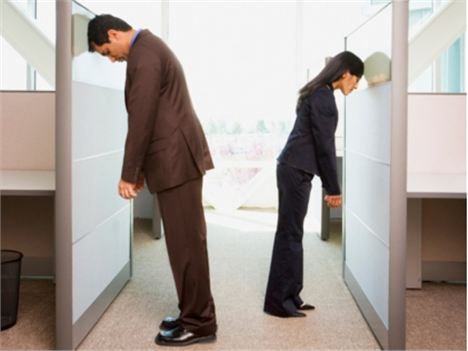TWO recent studies have concluded that using social networks such as Facebook can possibly give you the blues. The defining characteristic in both studies is how people tend to overestimate the perceived well-being of others to the detriment of their own.
The older you get you realise that no one’s lives are peachy are all the time, but the rise of the real time social interaction offered by Facebook has changed that dynamic considerably.
Researchers at Utah Valley University found that there was a correlation between how much time a person spent on the social network and how that had an impact on their mood. The findings showed that as people spent more time on Facebook they started to believe that others had a better life than they do. This category of user was more likely to answer ‘many of my friends have a better life than me’ than ‘life is fair’ when questioned by researchers. Conversely, it found that those that used Facebook occasionally were more likely to answer life is fair.
As the researchers highlight some Facebook user postings may only document good times with upbeat and positive updates which could lead some users to believe that they are constantly happy.
The American Academy of Pediatrics found that children and teenagers can develop ‘Facebook depression’ by being overwhelmed by happy friend photos and positive status updates.
A recent Stanford University study found similar conclusions to the Utah researchers. Although the study was not specifically looking at Facebook users but analysing people’s perceptions of others and the resulting effect on their own moods it has relevant implications. It leads on the basis that we all have ways of finding reasons to feel a little lousy but assuming we are unique in feeling lousy is the tipping point. As a result the paper is called ‘Misery Has More Company Than People Think’.
The Stanford study found that their subjects constantly failed to underestimate how imperfect other people lives could be and as a result felt more deflated. As Sherry Turkle in her book, Alone Together, highlights, this is even more acutely felt among teenagers who experience ‘presentation anxiety’. In the pressure to appear cool at all times, to manage their Facebook profile effectively means that they can lose a true sense of self.
OK, so the more world weary among us will probably say that the Stanford research is nothing groundbreaking. The older you get you realise that no one’s lives are peachy are all the time, but the rise of the real time social interaction offered by Facebook has changed that dynamic considerably. Selective positive status updates and curated good times photos can create the lifestyle illusion.
Of course not everyone presents their world on Facebook as some kind of blissful utopia. Just as gambler’s will testify that fellow gambler hard luck stories are met with more interest than a big win it seems that any postings of hardship or distress on Facebook are usually met with immediate concern and replies by others.
In the movie The Descendants George Clooney’s character says, “My friends on the mainland think just because I live in Hawaii I live in paradise on a permanent vacation where we are all just out here sipping Mai Tais, swinging our hips and catching waves – are they insane? Do they think we are immune to life? How can they possibly think that our families are less screwed up, our cancers less fatal, our heartaches less painful. Paradise? Paradise can go fuck itself.”















